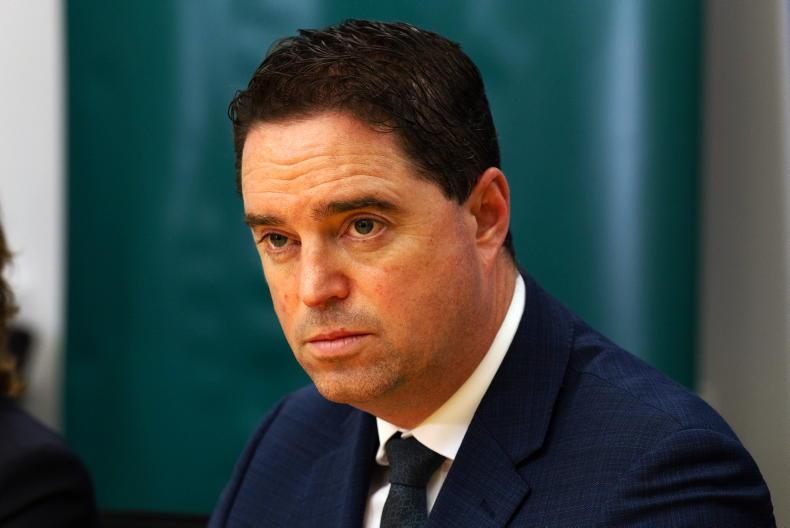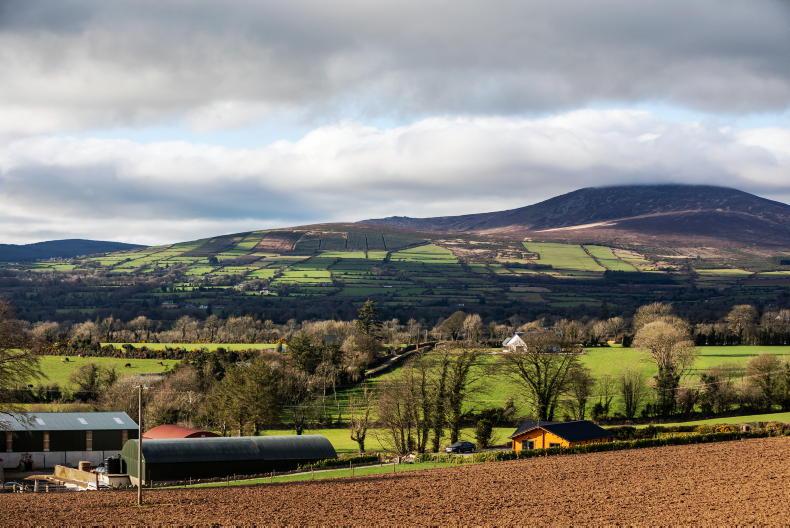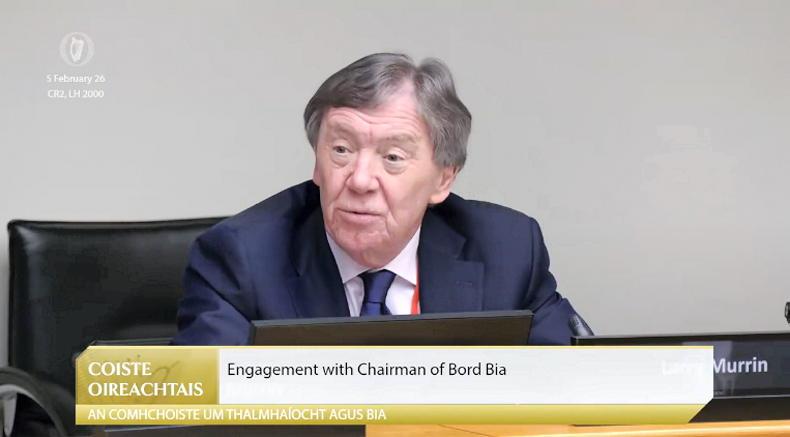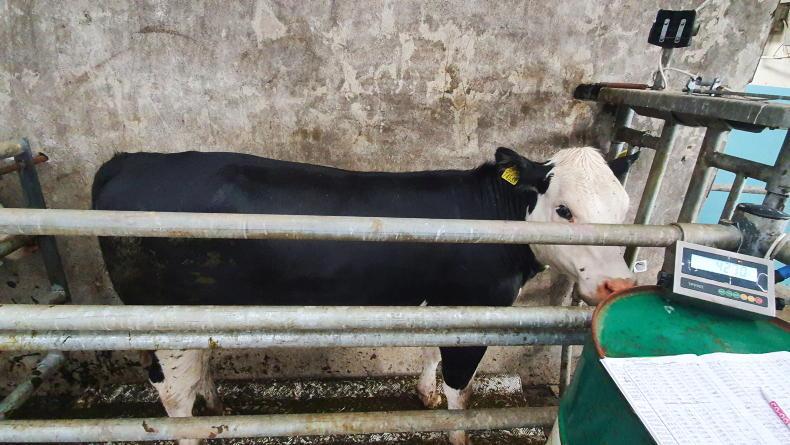The definition of an active farmer, convergence and on-farm energy production were among the wide range of topics discussed as Minister for Agriculture Charlie McConalogue’s CAP consultation tour arrived at Tullamore Mart, Co Offaly, on Tuesday night.
Having begun the meeting by giving a brief overview of the current position of CAP, the Minister said that he wanted to hear the views of farmers and, in doing so, strive to “meet the needs of farmers” while delivering on the public expectation of CAP.
The Minister was joined by Corina Roe from the Department of Agriculture, as well as local senator and Minister of State at the Department of Agriculture Pippa Hackett, who said that while the environmental element to the CAP is to the fore, she believes that this CAP and environmental changes in it can “set Irish agriculture on a path to deliver for the next generation”.
Active farmer
When questions were invited, the definition of an “active farmer” was asked of the Minister, with Birr farmer Tom Egan asking McConalogue what the definition would be, and whether accommodations will be made for someone who wants to reduce their enterprise while they wait for a successor to come home.
Other farmers pointed out issues with so-called “armchair farmers” and proposed an entitlements commission to allow farmers to reduce their entitlements and give young farmers the opportunity to purchase them from the National Reserve.
In response, Minister McConalogue said that while it is not a straightforward issue, he believes “entitlements should be in the hands of those that work”.
Convergence
Farmers also highlighted their concerns over convergence, with Offaly IFA chair Richard Scally asking the Minister if tillage farmers were going to lose out disproportionately.
Minister McConalogue agreed that tillage “must be considered as part of the discussion”, but pointed to the protein bonus and other supports such as Green, Low-Carbon, Agri-Environment Scheme (GLAS) cover crops and Straw Incorporation Measure (SIM) in supporting the tillage sector.
Suckler herd
Suckler farmers also voiced strong opinions on the schemes that could be part of suckler cow supports in the new CAP, calling for “something of substance” to support family farms in rural areas.
Minister McConalogue said that he will work “with farmers to maximise impact and practical effects of schemes” to support the suckler herd.
Peat imports, forestry and energy production
The importation of peat for the horticulture industry after the closure of Bord na Móna peat harvesting sites was also put to the Minister, and he agreed that it made “no sense” that peat be imported into the country. McConalogue pointed out that Ireland is the last EU country to implement a peat harvesting licencing system that companies must comply with to harvest peat for the horticulture and other industries.
Pippa Hackett said when asked about felling licences for forestry that while the backlog in appeals is gone, backlogs in processing licences are still an issue, but said “more licences were issued in the month of September than has been for a long time”.
She also commented on the potential for energy to be produced from farms through renewables, saying it could help reach Ireland’s renewable energy targets while helping farmers.
At the close of the meeting, local TD Barry Cowen thanked the Minister for meeting with farmers on the ground and hearing their concerns before implementing the new CAP plans.









SHARING OPTIONS